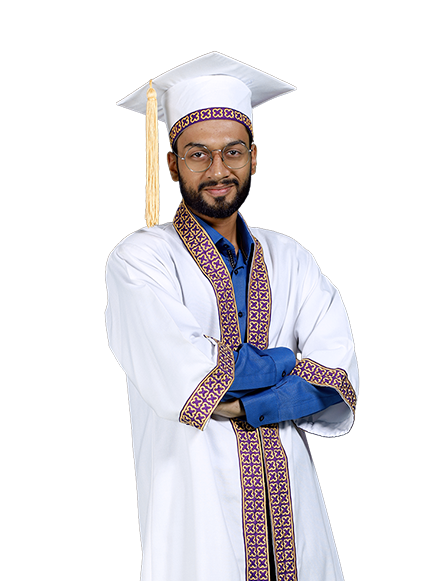
ALI HAIDER RIZVI
Aspiration Statement
My career aspiration is to be a Software Engineer and an Al Developer. To do this, I have worked hard on my problem solving and competitive programming skills and also developed a deep understanding of Al, Computer Vision, and Deep Learning.
Core Skills
- Python
- Deep Learning/Tensorflow
- SQL (Structured Query Language)
- Flask
- API Development
Academic Awards / Achievements
- 2nd place, International Collegiate Programming Contest (ICPC) 2021
- Dean's List, Spring 2019
- HU-TOPS Scholar (Habib University's Talent Outreach, Promotion and Support Program)
Experience
Leadership / Meta-curricular
- 2nd Place, Google Hash Code 2020
- Finance Chair, Student Travel Grant Committee —Habib University
- General Secretary, ACM Chapter — Habib University
Internship / Volunteer Work
- Computer Vision Research Engineer - Motive
- Associate Software Development Engineer - Securiti
- Empathic Computing Lab - Research Intern (January 2022 — March 2022)
- Folio3 - Software Engineering Intern (July 2021 — September 2021)
- Analogue - Software Engineering Intern (May 2020 — August 2020)
- Empathic Computing Lab - Virtual Research Internship
Publications / Creative Projects
- Lead Habib University RoboCup Soccer Simulation 3D team for the Robocup competition
Final Year Project
Project Title
Compression Based Perceiver
Description
Biological systems perceive the world by processing high-dimensional inputs from modalities as diverse as vision, audio, touch, etc. However, the perception models in Deep Learning are designed for individual modalities, often relying on domain-specific assumptions. These assumptions introduce helpful biases, but also lock models to individual modalities. The Perceiver, developed by Google DeepMind,is a multi-modal architecture that has low biases, allowing it to scale to multi-modal inputs. However, the architecture is extremely expensive in computational resources, meaning that it cannot be used in most practical applications. The Compression-Based Perceiver is a novel architecture for Computer Vision problems and building up from Google and DeepMind's Perceiver. Our research question evaluates and investigates this architecture and our hypothesis is that if a compression block can compute efficient lower-dimensional data representations, the architecture will be more resource optimized and will remain independent of the input modality, and still maintain comparable accuracy metrics.